622 Results
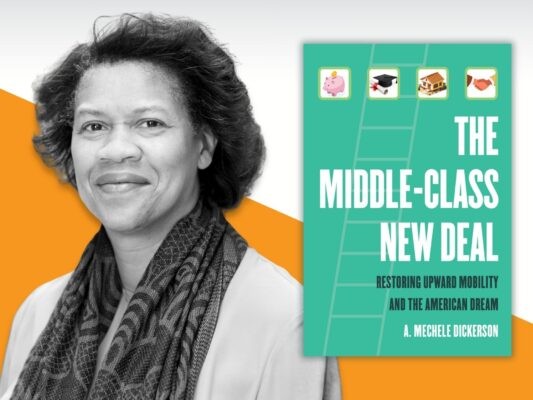
Mechele Dickerson on Saving the Middle Class
Jan 05 2026
Author Mechele Dickerson explains why everyone should care about the health of the middle class, and what we can do to save it.
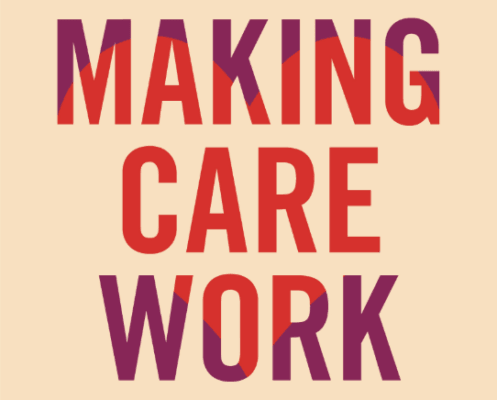
Making Care Affordable is Key to Our Economic Future
Jan 02 2026
Author Nancy Folbre explains why no amount of economic growth is going to make care provision affordable—unless we commit to putting people first.
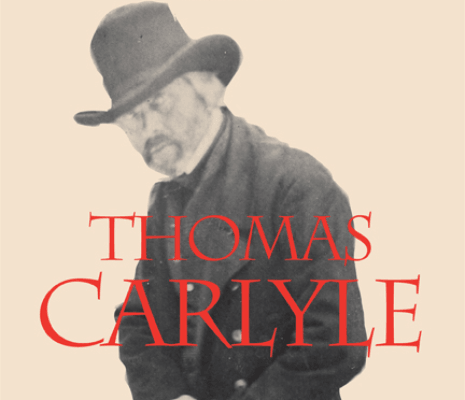
Carlyle’s "Past and Present" and Dickens’ "A Christmas Carol"
Dec 15 2025
The overlooked influence of Carlyle's "Past and Present" on Charles Dickens' famous "A Christmas Carol."

Q&A with Samuel Shearer, author of "Kigali"
Nov 20 2025
Author and first-gen scholar Samuel Shearer discusses his book, "Kigali," an ethnography exploring the politics of urban design, displacement, and the dual crises of capitalism and ecology in Kigali, Rwanda.
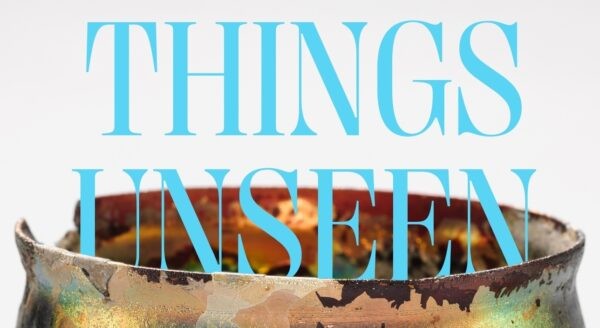
Author Ellen Muehlberger on Building a Book
Nov 19 2025
Author Ellen Muehlberger on her path to writing THINGS UNSEEN.

Excerpt from "A Memory of Violence"
Nov 18 2025
An excerpt from A MEMORY OF VIOLENCE with commentary from author Christine Sheparson.
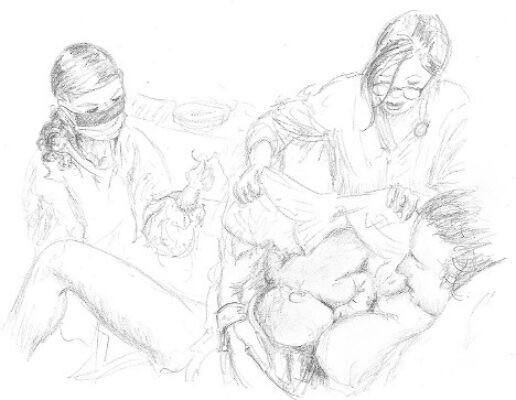
How should babies be born? The question contains worlds.
Nov 15 2025
What do doula-supported births reveal about American cultural values?
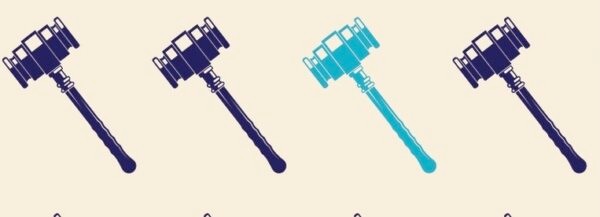
Courts at Their Best – and Worst
Nov 11 2025
Judges can give us hope despite the deeply flawed among them.

How We Fight Back: Storytelling for Reproductive Justice
Nov 10 2025
Stories resist carceral logics, affirm survival, and show why Black women’s reproductive freedom must be told from the margins.

Imagining a Future Built on Abolition and Queer Justice
Nov 06 2025
How to fight for queer justice in a time of continued criminalization and targeted attacks on queer communities.